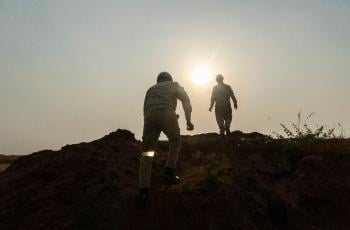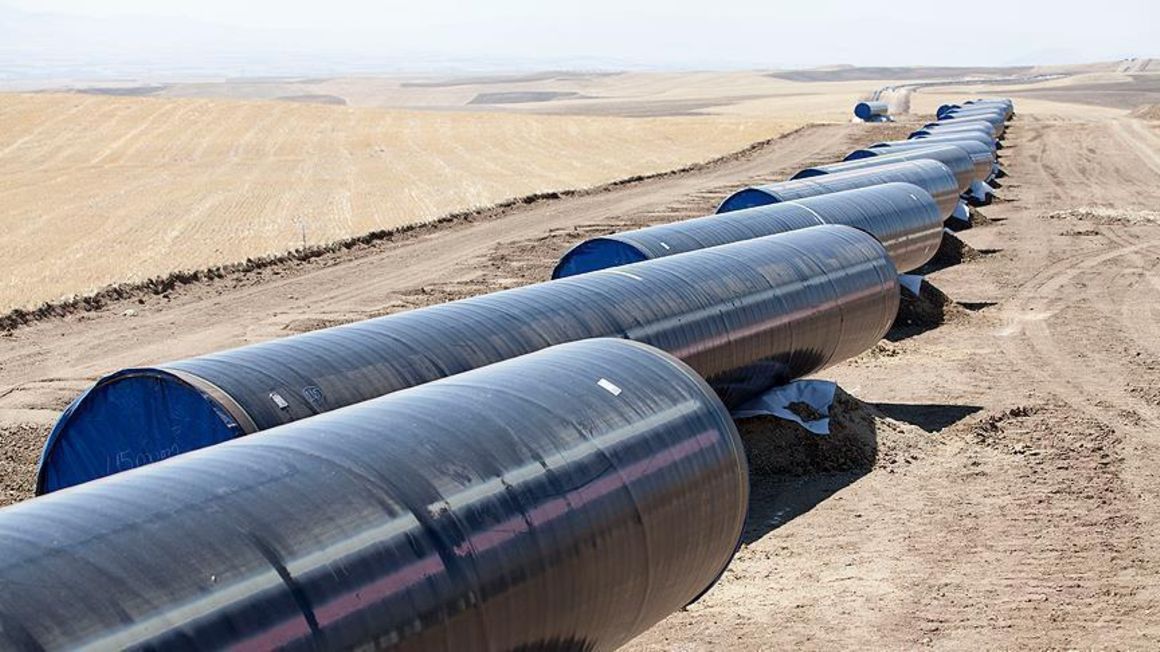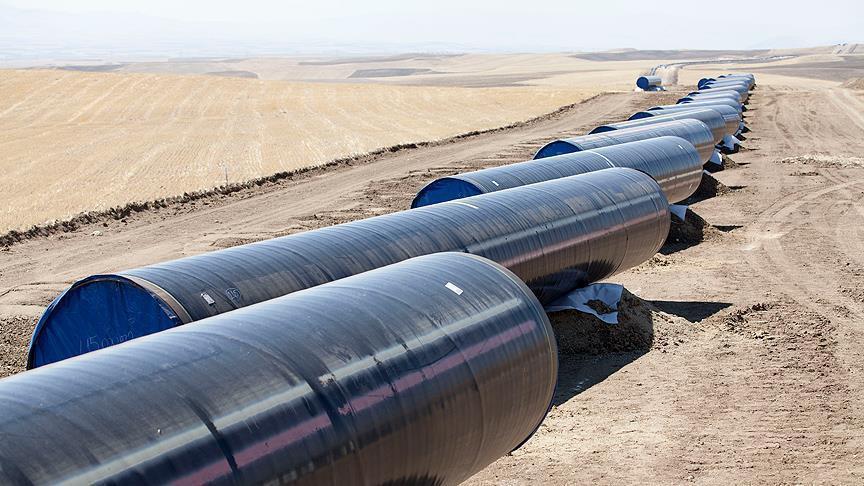Geza Ulole
JF-Expert Member
- Oct 31, 2009
- 59,127
- 79,234
- Thread starter
- #161

french eliakeem niliwaambia kwamba bill hii ni muhimu na lazima muipitishe kabla ya ujenzi kuanza na nyinyi mkapinga na kusema kwamba bill hii sio muhimu, kwamba construction itaanza kabla ya bill hii kupitishwa. Sasa mbona mumeifanya bill yenyewe kuwa emergency bill ikiwa bill yenyewe sio muhimu? Halafu ujenzi mbona bado haujaanza mpaka sasa? Ni kwa sababu hamjapitisha bill hii.Govt sends energy bill on urgent note
ippmedia.com/en/news/govt-sends-energy-bill-urgent-note
June 28, 2021

28Jun 2021
The Guardian Reporter
Dodoma
News
The Guardian
Govt sends energy bill on urgent note
THE National Assembly has received a miscellaneous amendment bill relating to energy sector business which has been set for debate this week.
Speaker Job Ndugai told reporters at the weekend that his office received the bill under a certificate of urgency from President Samia Suluhu Hassan.
Among other objectives, the bill seeks to fine-tune laws touching on the implementation of the East Africa Crude Oil Pipeline from Hoima in Uganda to the port of Tanga, he said.
The bill aims to ensure the proper distribution of benefit of national resources and prevent exploitation through various agreements. It is expected to be deliberated in Parliament in all its stages on Wednesday.
National Assembly Speaker, Job Ndugai informed legislators at the weekend that he received the bill and called upon them to deliberate on the proposed amendments, as the Miscellaneous Amendments Bill, No 3 of 2021.
“It is imperative because it involves laws to be amended to go in tandem with the EACOP for strengthening various sectors for better achievements from the investment without hitches.
“And we, legislators, support the project; hence we shall work on the bill in all its stages during this House sitting before it winds up,” he said.
“Therefore the Bill will be discussed on Wednesday afterthe questions and answers session, after which Prime Minister Kassim Majaliwa will stand up for the parliamentary adjournment speech.”
The bill involving various laws requires amendments and that it has been referred to the Legal and Constitutional Affairs standing committee of the House, he elaborated.
“Since various laws are touched in sectors like energy, transport and road infrastructures, I have nominated MPs who will join the committee from various House panels to start going through the bill,” he specified.
They hail from areas touched by the pipeline, he said, noting that MPs nominated to assist the committee are drawn from the Local Governments standing committee, namely Humphrey Polepole, Abdallah Chaurembo, Tunza Malapo, Denis Londo and Margaret Sitta, to join the legal affairs team to help fine-tune the envisaged amendments.
On April 11, President Samia and her Uganda counterpart YoweriMuseveni signed an agreement for the construction of the 1,440-km EACOP pipeline, billed to cost $15bn, set to transport 200,000 barrels of oil per day and earning the government millions of dollars in revenue annually.
Apart from transporting the oil from Uganda, the pipeline will be transporting oil from DRC and South Sudan, as they have shown interest to transport their oil through the new facility once it is operational.
Other benefits that Tanzania will obtain from the project are 15,000 employment opportunities during construction and 2,000 when it is operational.
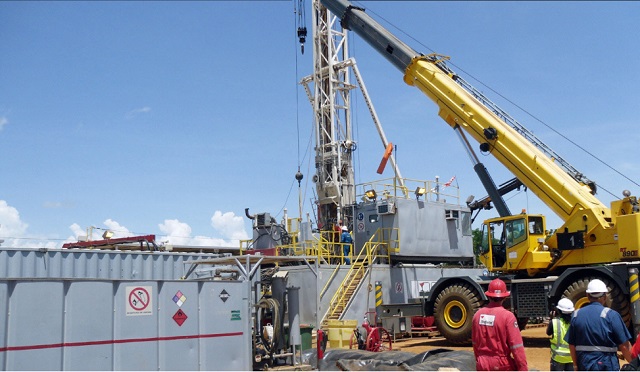
Why French Oil giants are now called TotalEnergies
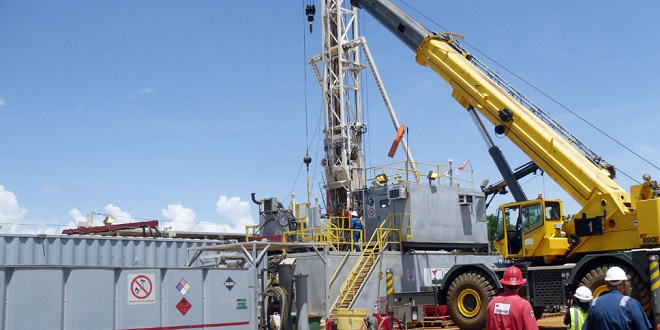


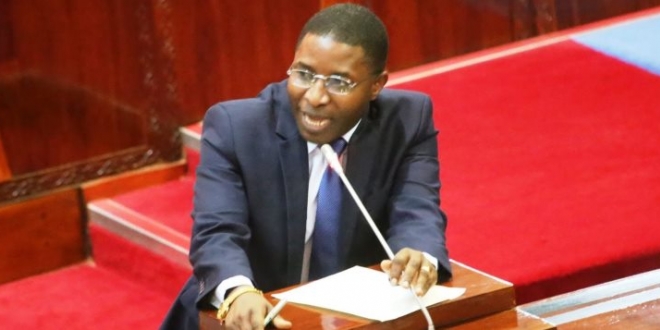
Energy minister Dr Medard Kalemani.



Tilenga and EACOP are a concrete example of the application of the Group’s ambition and commitments to biodiversity. Significant resources have been mobilized to implement them in an exemplary way. For four years, the affiliate has been in close contact with the local people and has been striving to minimize the projects’ impact on the local community. We are proud to be a part of these major developments for the Group that promise to transform their host countries.
Nicolas Terraz, Vice President Total E&P Africa
